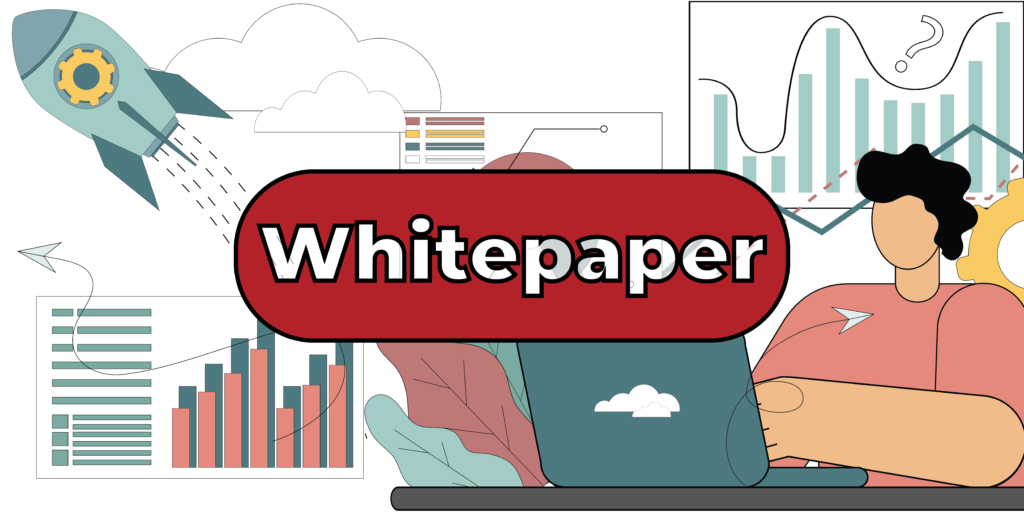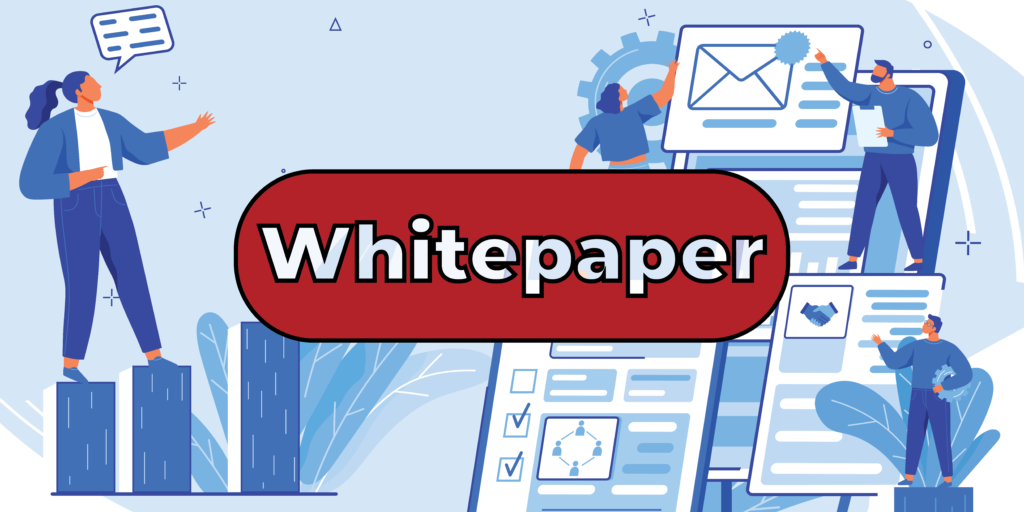Designing an accounting flexfield is one of the most difficult processes in an Oracle® implementation. Often, the failure to look far enough ahead during the initial implementation can impede business growth, and certainly makes it difficult to have your data truly ready for a fast-paced future. A “good” chart of accounts has the following criteria: […]
Tag Archives: Data Quality
Common data definitions that are aligned with business processes are what allow organizations to change as a result of mergers, acquisitions, divestitures, new regulatory requirements, and new market initiatives. It has probably been years since you have taken steps to reevaluate the future business requirements and ensure that you are able to move in new […]
Companies evolve. While everyone’s story is unique—growth from regional to national or international, mergers and acquisitions, diversification of business lines and product offerings, and disparate regulatory environments—many of these business and regulatory drivers lead companies to have disparate data and localized operations. Whatever the cause, these fragmented environments can inhibit business agility and stunt performance […]
Preparing for Tomorrow’s Market There are few constants in this world. The way in which a company does business is not one of them. Instead, companies must actively adapt to change within the marketplace; and, as the international landscape continues to grow smaller due to advances in technology, businesses realize the importance of operating on […]
Mergers and acquisitions carry the added weight of introducing redundant systems that duplicate functionality. Learn how to overcome the value gap to take advantage of emergent synergies by aligning your transaction and transition efforts. With experience supporting almost $300 billion worth of merger, acquisitions and divestiture transactions with Oracle E-Business Suite (EBS) customers our speaker […]
In Time to Grow Part I we reviewed some of the conditions that would indicate that organizations can improve the productivity of back-office services by consolidating Oracle® E-Business Suite (EBS) instances and establishing shared services organizations for finance, accounting, payables, receivables, and purchasing. Although the cost savings may be significant, the undertaking may be daunting for some […]
The economy has begun to show signs of recovery. Companies are reporting stronger earnings. Except for what might have been a technical or systemic anomaly, stock indices are on the rise. Unemployment claims are dropping and jobs are slowly being created. Companies that have been hanging on to cash are in a good position […]
In an Enterprise Resource Planning (ERP) environment, multiple organizations can exist within a single instance. How does the data belonging to these organizations co-exist, and what are the challenges that companies face when they have to separate the data based on business reasons? With a focus on Oracle® E-Business Suite (EBS), this session will explore the best ways to address complexities in ERP environments to achieve success when separating data.
Knowing your labor efficiency and your overhead can help you set realistic pricing in your quotes and help you improve your operational efficiency. The first step in calculating costs is to determine the fully burdened labor cost. This is done by calculating the employee salaries inclusive of vacation time, insurance benefits, and taxes. Second, you […]
Here’s the scenario: Your enterprise data is nowhere to be found within your Oracle® E-Business Suite environment. Differences in configurations, duplicate data, and a lack of common structures and definitions have caused inconsistent business processes and data that is “lost” to the organization, resulting in increased costs and risks. Why is this happening, you wonder? […]











